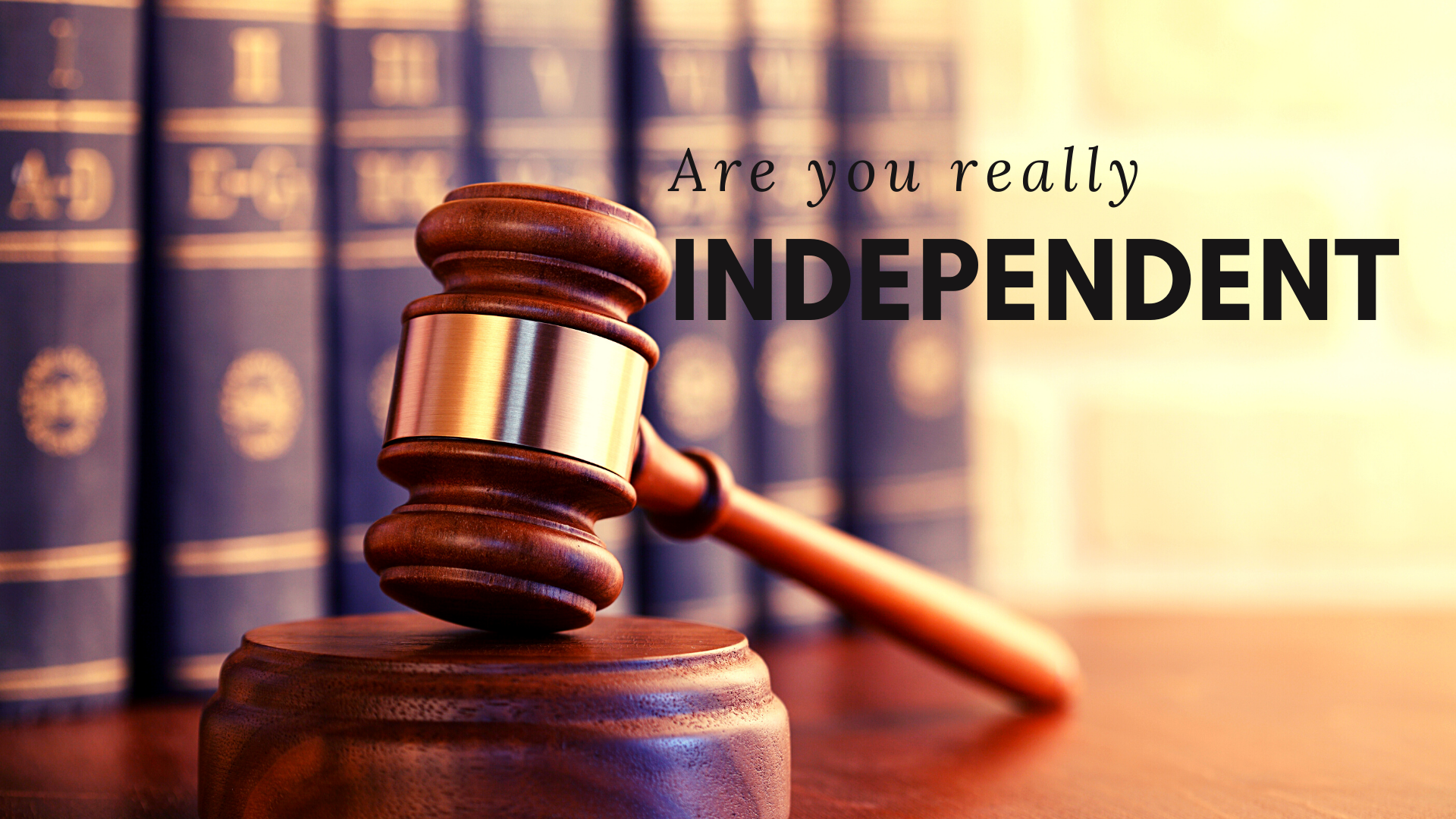Your job is to deal with some of the poorest, most powerless and dispossessed people in the country – and sometimes (because some of them are criminally accused) the most despised.
Prisons/remand centres are overcrowded and generally awful. Mental health issues are largely ignored. Women and children are routinely subjected to high rates of violence and sexual abuse. They can’t get maintenance from their deadbeat partners. Few public institutions can adequately protect them. Government Departments like Social Welfare are virtually inert.
So God forbid if you should criticize any part of the system you work in – even if you are the ones with the most knowledge of how the system fails these people – because that would be “politics”.
And God forbid if your advocacy might go to social media because you think this is where these issues might get some attention. Because that might be “political commentary on social media”.

Government’s “human rights” apparatchik is the very person who should be encouraging you to think about how the law should protect these people’s human rights when the government fails them.
Instead he appears to have (rather self-importantly) laid down the law to you: “I do not want to see anybody engaging in any of these discussions that tend to politicize and compromise the integrity and independence of your commission, that is very important.”
The whole point about being “independent” is that you can speak out against the government when the occasion demands it and when things need fixing. You’re lawyers. Independence – and the independence of the Legal Aid Commission – is supposed to be a key element of that. It doesn’t mean you campaign actively against the government (because that wouldn’t be independent either).
But you speak up when there’s a need.
So good luck. It’s up to you whether you want to be a part of making Fiji better for the people you serve – or to join the ranks of demoralized pen-pushers that the government and its cheerleaders seem to prefer you should be.



